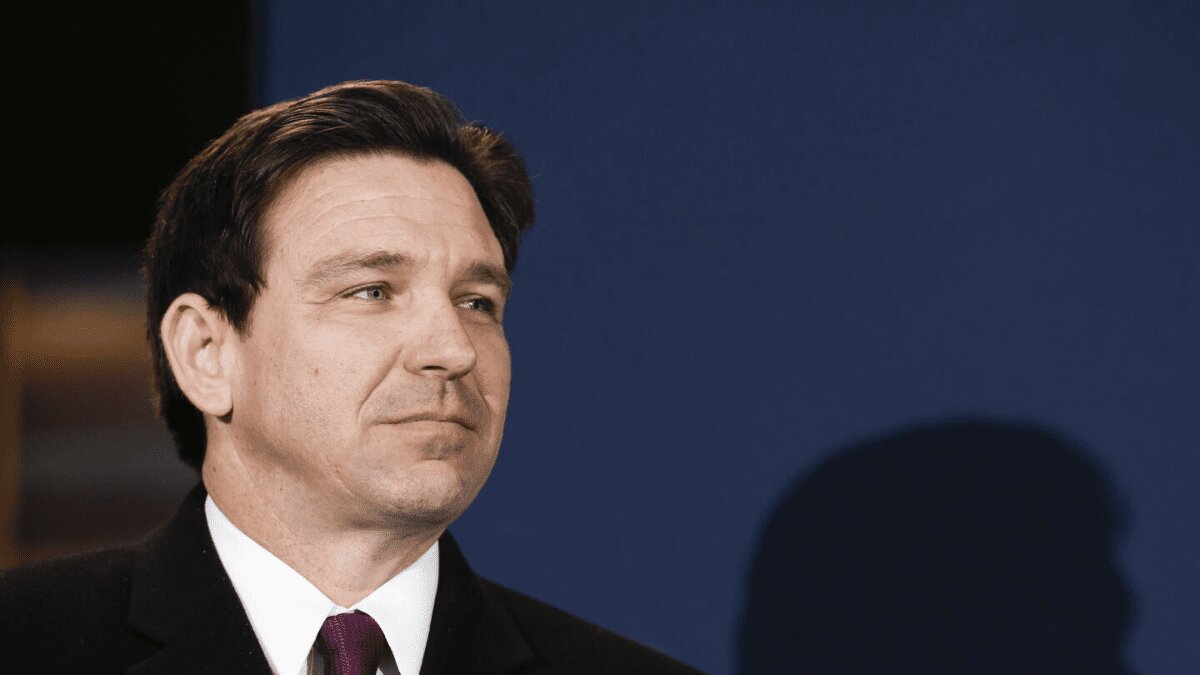In a surprising turn of events, Florida Governor Ron DeSantis announced the suspension of his presidential campaign just two days before the New Hampshire primary election. The move marks a significant setback for DeSantis, who was once considered a strong contender for the Republican Party’s nomination in 2024. DeSantis, trailing behind former President Donald J. Trump, decided to endorse Trump, acknowledging the former president’s superiority and expressing a commitment to supporting the Republican nominee.
The decision comes on the heels of DeSantis’s substantial loss to Trump in the Iowa caucuses, where he faced a 30-percentage-point defeat. The defeat left him questioning the viability of continuing his campaign without a clear path to victory. In a video statement released after The New York Times reported his expected departure, DeSantis stated, “I am today suspending my campaign. Trump is superior to the current incumbent, Joe Biden. That is clear. I signed a pledge to support the Republican nominee, and I will honor that pledge. He has my endorsement because we can’t go back to the old Republican guard of yesteryear.”
The governor had returned to Tallahassee late Saturday after campaigning in South Carolina, intending to appear at a New Hampshire campaign event on Sunday. However, the event was canceled, and speculations about his withdrawal from the race intensified.
Even before DeSantis officially announced his decision, Trump had already begun speaking about DeSantis’s candidacy in the past tense. At a Saturday evening rally in Manchester, Trump remarked, “May he rest in peace.” DeSantis had hinted at the possibility of leaving the race in the days leading up to the announcement, conceding Trump’s overwhelming victory in Iowa.
Chaos marked the final days of DeSantis’s campaign, reminiscent of its tumultuous start when he kicked off with a technically marred livestream event on Twitter. The governor’s schedule over the weekend remained in constant flux, with frequent travel between New Hampshire and South Carolina, leading to postponed and eventually canceled appearances on Sunday morning political shows.
DeSantis’s endorsement of Trump was swift, offering no specific rationale other than Trump’s broad support among Republicans in polls and the fact that he was not Nikki Haley, the former governor of South Carolina and DeSantis’s last remaining rival.
Throughout his campaign, DeSantis faced challenges, including a costly and seemingly ineffective strategy, constant mockery from Trump, and setbacks such as mass layoffs within his campaign team and the fallout from a social media video featuring a Nazi symbol. His national poll numbers took a significant hit, falling by roughly half over the course of the campaign.
The decision to withdraw from the race just before the New Hampshire primary likely spared DeSantis from a potentially catastrophic defeat. Despite the setbacks and the unexpected turn of events, the Florida governor still holds the governorship of the nation’s third-largest state, providing a potential path to rebuild his political standing in the future.


